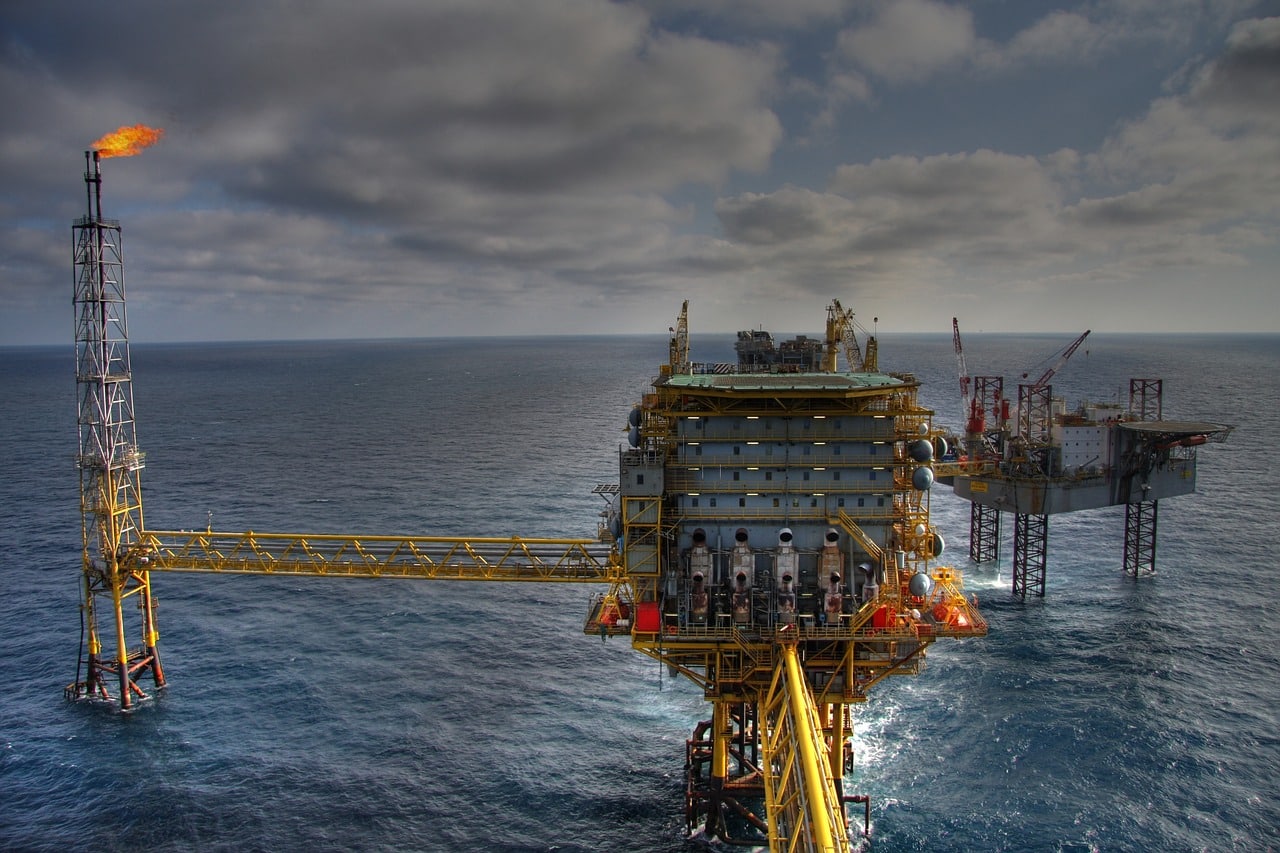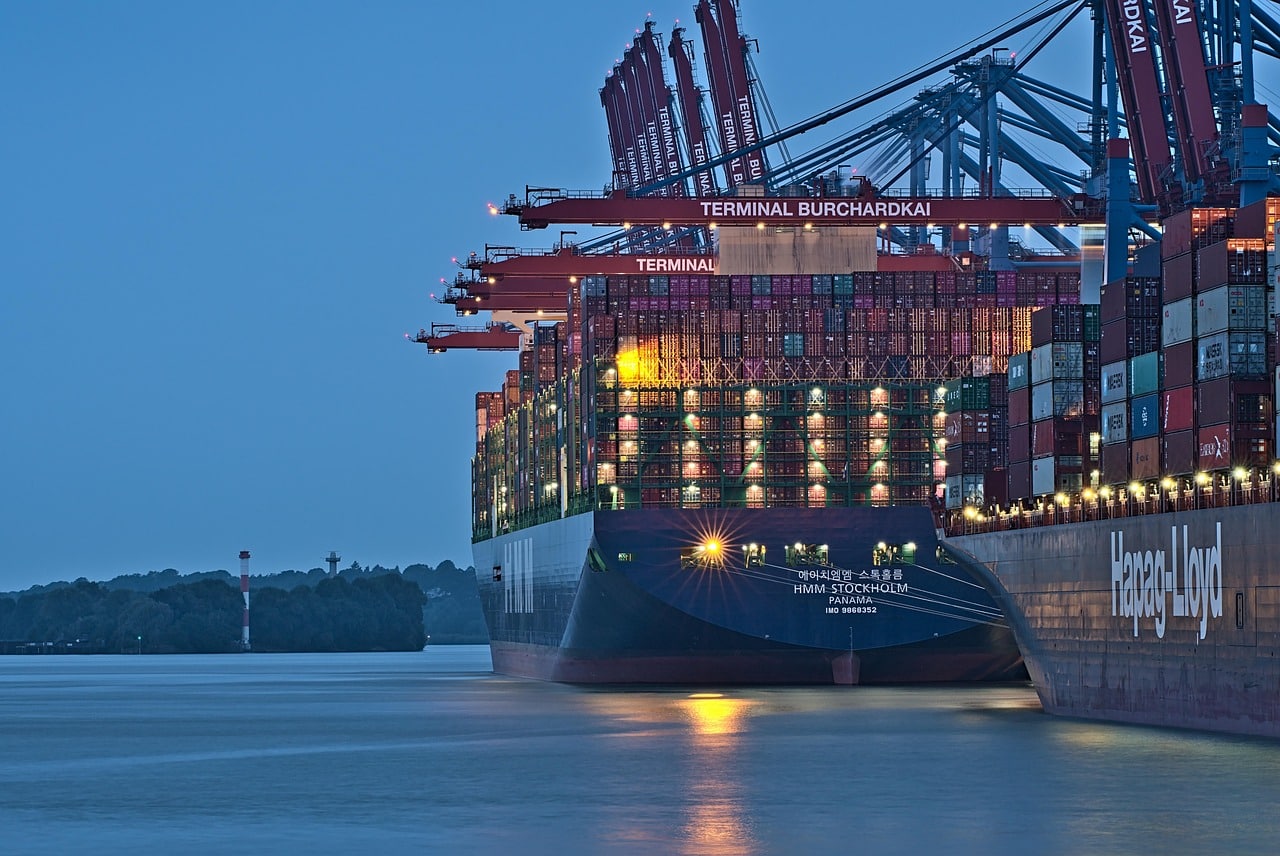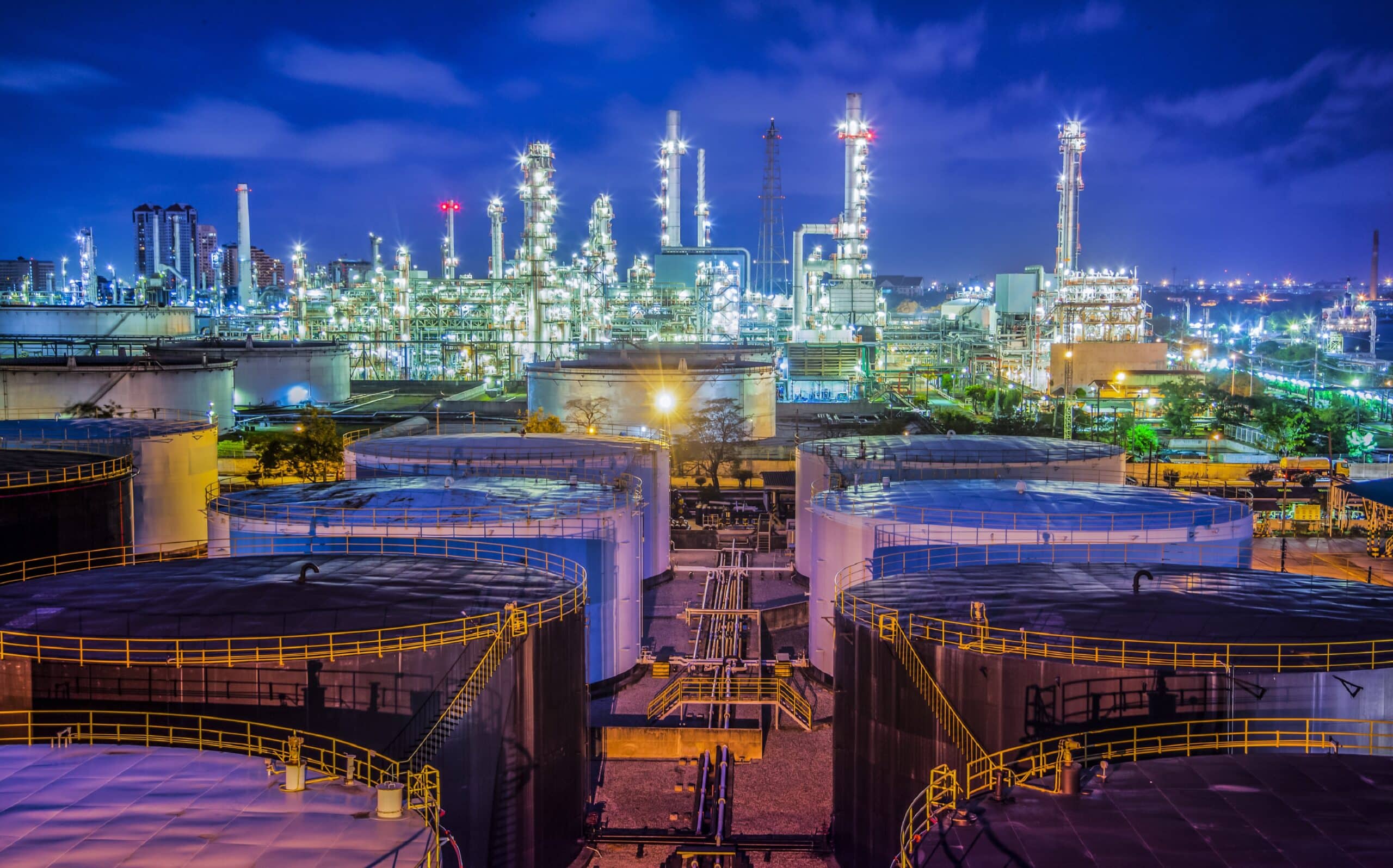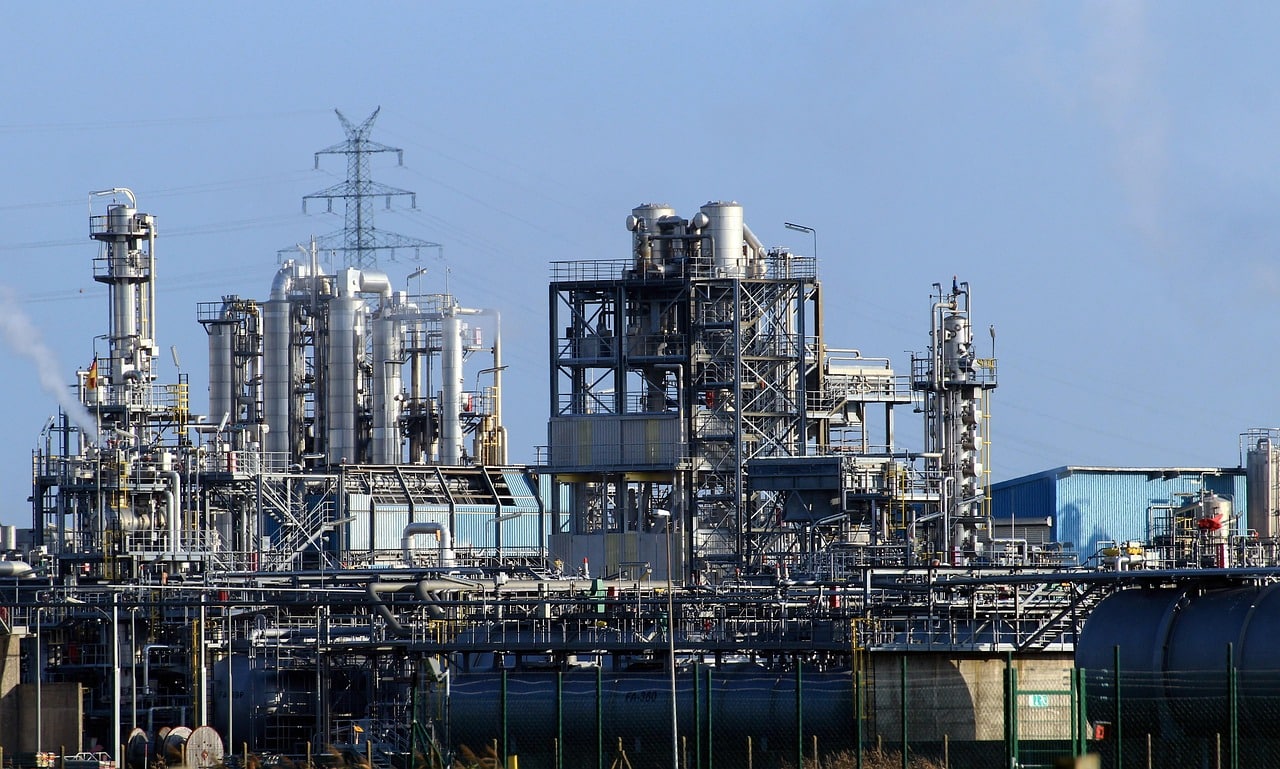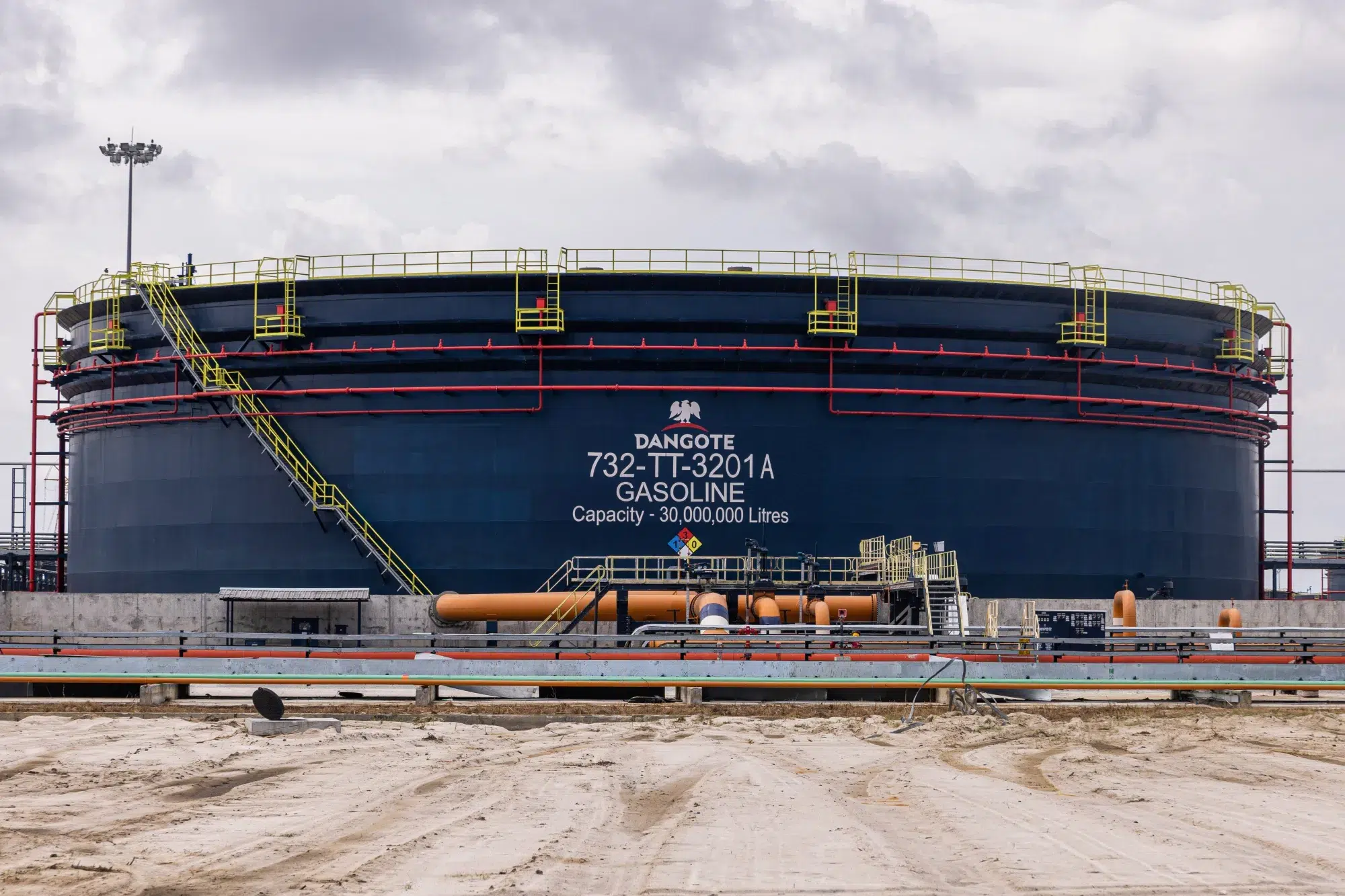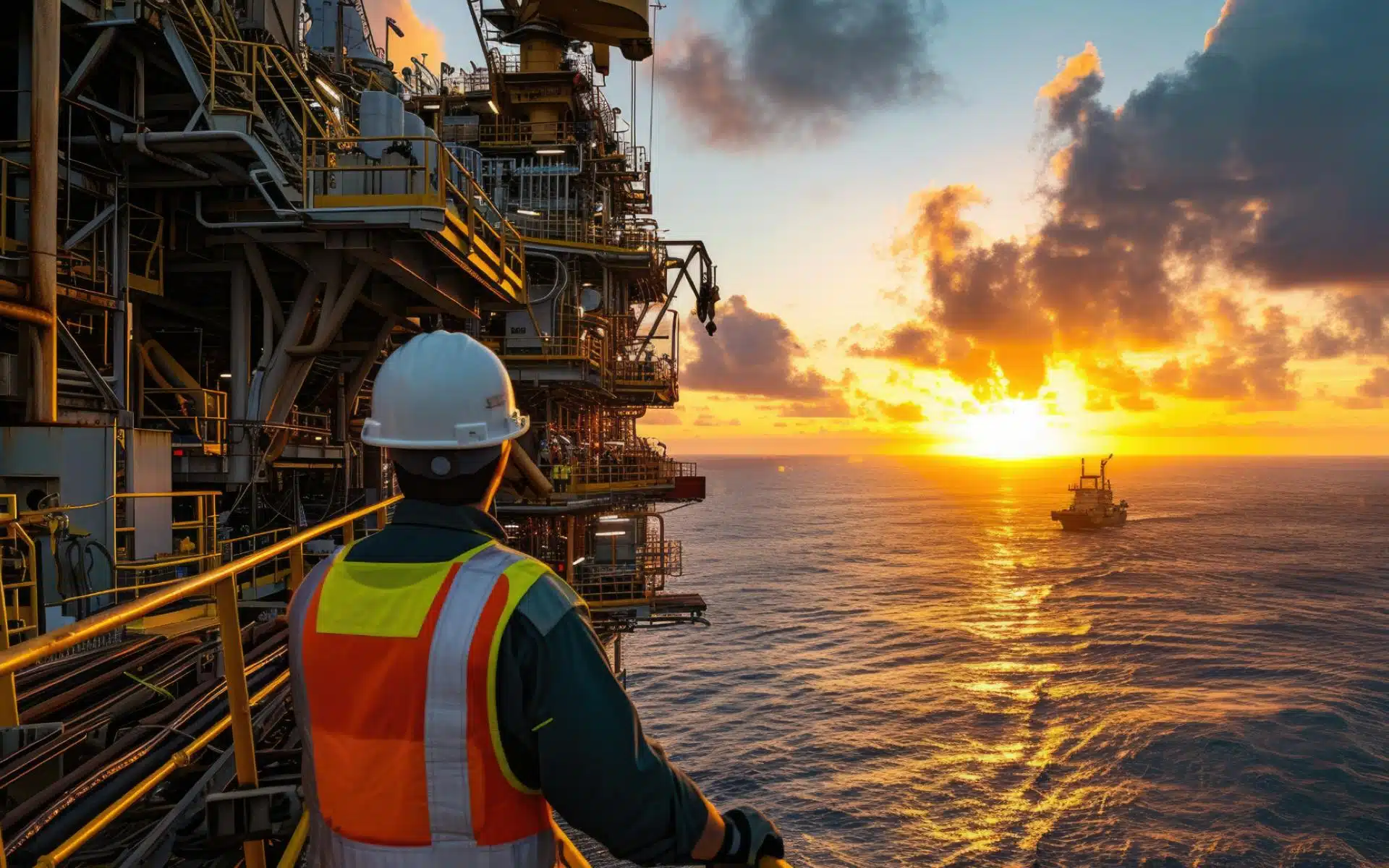In the heart of Nigeria’s offshore oil fields, a quiet yet intense competition brews beneath the surface.
Here, global energy giants—often referred to as Big Oil—are battling for supremacy in Nigeria’s lucrative deepwater oil sector.
Backed by decades of experience and billions of dollars in investments, companies like Shell, TotalEnergies, and ExxonMobil are steadily increasing their stakes in the nation’s offshore domain.
The shift towards offshore investment
Over the past few years, there has been a noticeable transition among major oil companies towards Nigeria’s offshore regions.
This shift is not merely about exploration—it’s about value creation.
As Olu Verheijen, Special Adviser on Energy to President Bola Tinubu, puts it:
“They’re no longer chasing barrels. They’re chasing value: low-cost, low-carbon, de-risked assets.”
This evolving strategy has attracted over $8 billion in deepwater and gas investments to Nigeria in under a year.
But what exactly is drawing these colossal investments to Nigeria’s offshore frontiers?
Nigeria’s deepwater black gold
According to the Nigerian Upstream Petroleum Regulatory Commission (NUPRC), the country’s deepwater sector boasts around 13 billion barrels in reserves.
This accounts for over 40% of Nigeria’s daily oil production and roughly 35% of its proven (2P) reserves.
Though the majority of Nigeria’s oil reserves are found onshore or in shallow waters, it is the deep offshore that now holds the spotlight.
And so, a critical question emerges: Which company truly dominates Nigeria’s deep waters?
Current operators in Nigeria’s deepwater terrain
The Nigerian offshore oil space is largely operated by five multinational oil firms—each with a significant presence and portfolio of assets:
Shell (UK)
Shell operates several deepwater assets:
- Bonga (~1,000m)
- Bolia-Chota/Nnwa Doro (~1,000m)
Additionally, Shell holds:
- 43.75% interest in Erha (operated by ExxonMobil)
- 50% in the Zabazaba/Etan offshore field (operated by Agip)
Shell has publicly emphasized the importance of deepwater operations, citing lower operational risks and solid returns even amidst global oil market volatility.
TotalEnergies (France)
TotalEnergies operates some of Nigeria’s deepest offshore fields:
- Egina (1,400–1,700m)
- Akpo (1,500–1,700m)
- Preowei (1,100–1,300m)
The company also has non-operated interests in:
- Bonga (12.5%)
- Usan (20%)
Mike Sangster, Senior Vice President for Africa at TotalEnergies, remarked:
“In Nigeria, there are significant reserves, and we are actively developing this sector. There are high-quality fields that can also serve export markets.”
ExxonMobil (USA)
ExxonMobil has the widest footprint in Nigeria’s offshore arena, operating through its Esso affiliates:
- Usan (750–850m)
- Erha (1,000–1,200m)
- Owowo (~673m)
- Bosi (~1,400m)
- Uge (~1,260m)
It also holds a 20% non-operated interest in Bonga. Managing Director Shane Harris noted that Usan is just one among many of the company’s deepwater commitments in the region.
Chevron (USA)
Chevron’s flagship offshore asset is:
- Agbami (~1,460m)
Agbami was Nigeria’s second major offshore discovery in 1998, following Bonga.
Today, it remains one of the deepest and most productive fields, with an estimated 900 million barrels of oil equivalent.
Agip/Eni (Italy)
Eni’s contributions to Nigeria’s offshore oil industry are both historic and pioneering:
- Abo (~800m)
- Zabazaba/Etan (1,200–2,400m)
Eni was the first Big Oil firm to produce oil from Nigeria’s deep offshore zone. The production started at Abo field in 2003.
In 2009, Oando joined this legacy by acquiring a 15% stake in the Abo field, marking the first indigenous participation in a producing deepwater block.
Eni also holds a 12.5% non-operated interest in Bonga.
Who is the king of deep waters?
When it comes to identifying the dominant player in Nigeria’s deep offshore sector, two companies clearly stand out:
- TotalEnergies
- ExxonMobil
TotalEnergies operates two of the country’s three ultra-deepwater fields—Egina and Akpo.
These projects reach depths beyond 1,500 meters, placing them in the ultra-deepwater category, known for extreme engineering demands and higher capital requirements.
The French oil giant has also gone further to ensure zero routine flaring across its offshore sites.
However, Eni’s Zabazaba/Etan remains the deepest oil field in Nigeria, plunging to depths of up to 2,400 meters.
While Chevron’s Agbami and ExxonMobil’s Erha exceed 1,000 meters, they do not cross into ultra-deepwater territory.
Nevertheless, ExxonMobil leads in asset volume, with at least five offshore blocks under its belt, making it the most diversified operator in Nigeria’s deepwater sector.
The future of Nigeria’s deep offshore sector
Nigeria’s offshore future is promising.
Market forecasts suggest the sector could grow from $34.18 billion in 2023 to $47.03 billion by 2031, at a compound annual growth rate (CAGR) of over 4%.
This growth is expected to be driven largely by international oil companies (IOCs), who bring the necessary capital and technical expertise to tap offshore resources.
Companies like ExxonMobil, Shell and TotalEnergies have already pledged billions in upcoming offshore investments in Nigeria.
Last month, Mike Sangster, Senior Vice President for Africa at TotalEnergies said that Africa accounted for 50% of its operated production globally.
Verheijen underscores the pivotal role of IOCs, stating they “account for over 50% of sub-Saharan Africa’s hydrocarbon production and capital spend.”
As Africa’s largest hydrocarbon producer with the most proven oil and gas reserves in the region, Nigeria is well-positioned to lead.
According to NUPRC, only 30 of the 83 offshore blocks have been awarded.
That leaves over 50 blocks up for potential development in the future, however dependent on favorable government regulations and investment conditions.

